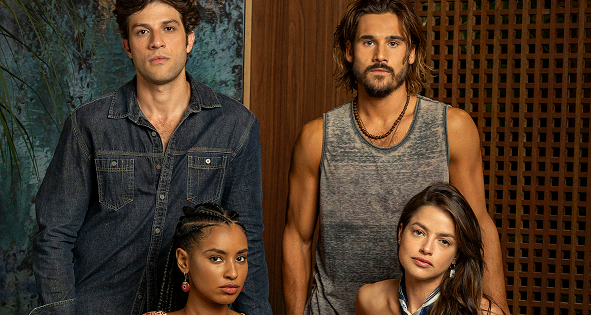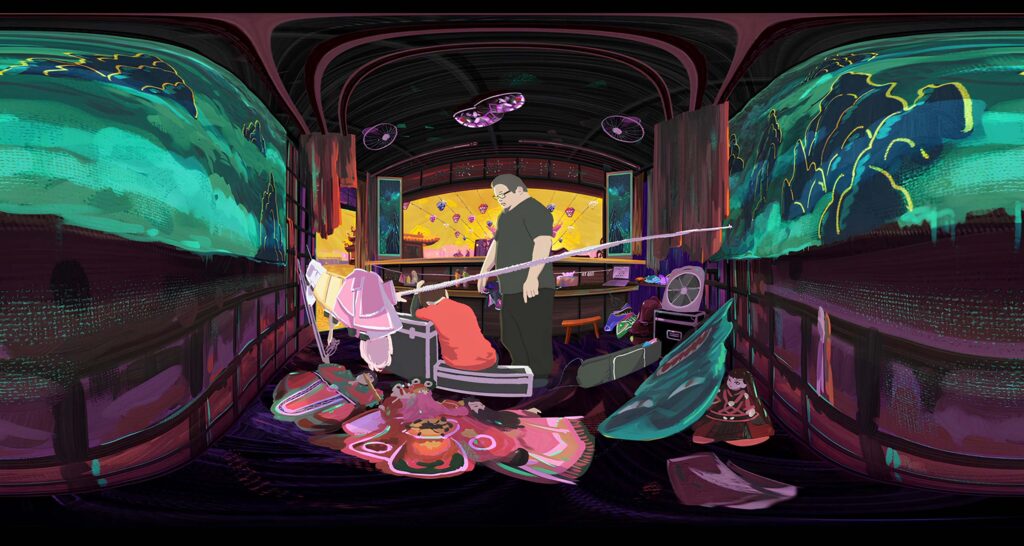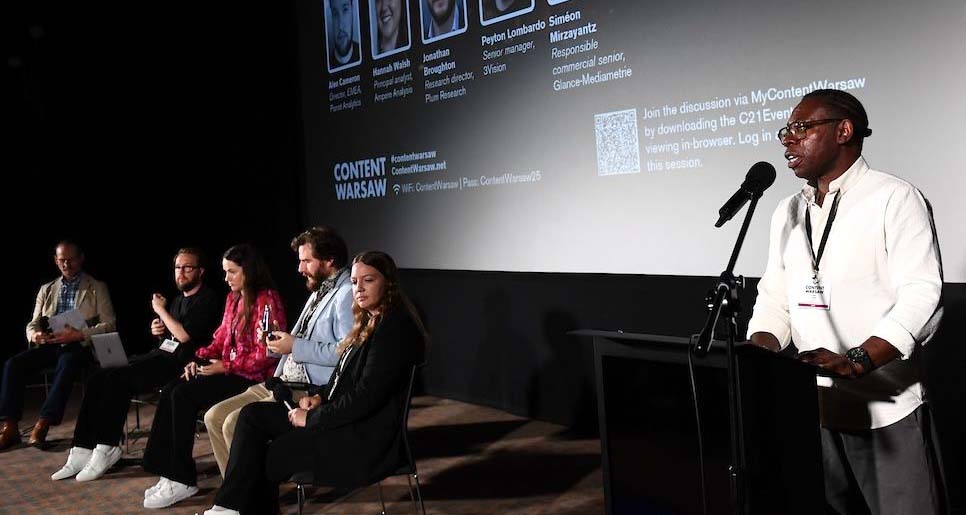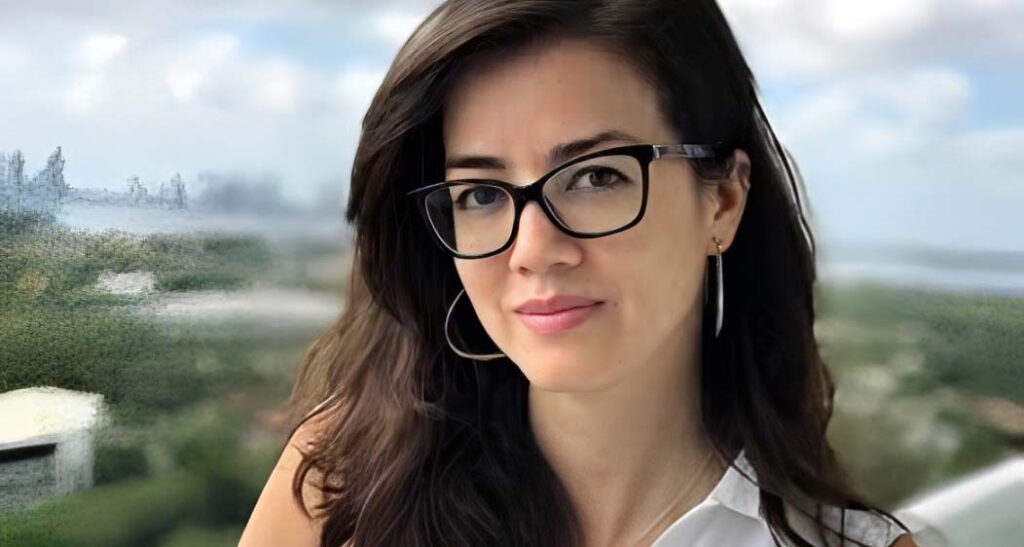After releasing Cigarette Girl by Indonesian director Kamila Andini on November 2, it is clear that Netflix intends to continue investing in this growing market for streaming. But the service also awaits several premieres soon, which are part of its alliances with local third parties, in Thailand and the Philippines, in addition to Indonesia.

In addition to this series, there are this year some other Indonesian hits such as Hunger (the number 1 non-English language film at the beginning of the year), and The Big 4, the Indonesian film that was the most watched in several countries during its premiere.
It has been a good step forward, especially in a market as segmented and complicated as Southeast Asia. And after five years that Netflix landed in those lands, Malobika Banerji, content director for the region, recently said that the idea is to place these countries and their filmmakers on the audiovisual map, which is mostly dominated by Korea and the United States.
‘We are confident that we are on the right path and will continue to invest in both content licensing and project commissioning’, said Banerji.
Although they have an important list of local content, the executive assured that they are still in a testing window period, so they are ‘learning as they go’. ‘We are testing different genres and formats to get to know the audience. It’s part risky and part exhilarating’, she said.
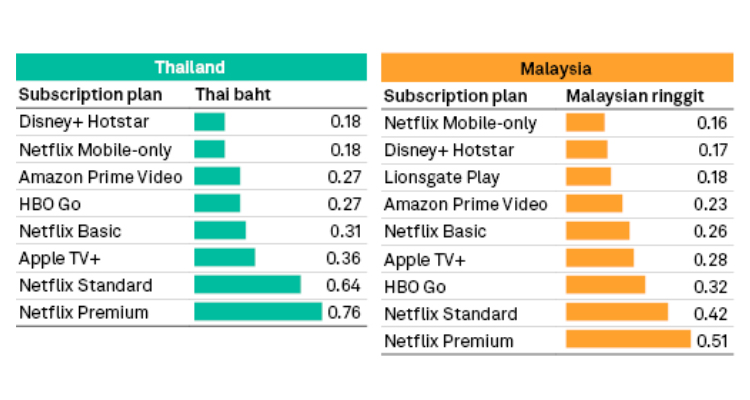
According to the executive, the service pursues local content strategies from third parties, but also content co-produced with local partners that reflect the spirit of the country. ‘We want to make sure that any local title we make resonates with our members in that country in the greatest way possible… a success in the home country is the biggest victory for us,’ she remarked.
Regarding the type of product, Andini added that there is no distinction between series or film, but it does have to be local. ‘As the series have a longer duration, our first programming mainly shows movies.’ TV titles that have been in the works for the past two years will be released in 2024.
‘What is really important is that it is the best format to tell the story, whether it is a series or a movie… It is not about differentiating for the sake of differentiating, there is a real vision and a story that the narrator wants to tell and that the audience can notice it and recognize it,’ he concluded.

